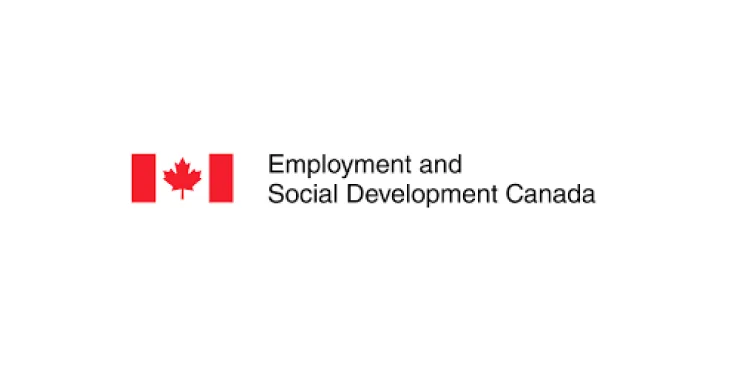Hours of work and working overtime

It’s your first day in a new job. Your boss says you get 15 minutes for lunch. You put in 11 hours of work, and they tell you it’s company policy not to pay overtime. You wonder: Is this legal?
What you should know
There are two main factors that affect your rights around hours of work and working overtime:
whether you’re covered by BC’s Employment Standards Act (the main provincial law that protects workers)
your employment contract
A BC law, the Employment Standards Act, sets out rules for hours of work and overtime that employers must follow. This law applies to “employees” — which covers most but not all workers in the province.
Need help figuring out if employment standards law applies to you? No worries, we can help. See our information on who’s covered.
A second factor that comes into play is your employment contract. It may spell out your rights around hours of work and overtime.
(Note there’s always an employment contract between a worker and an employer, even if nothing is in writing.)
Your contract rights may be greater than the protections in employment standards law. But — if employment standards law applies to you — your contract rights cannot be less than the minimum standards the law sets. If they are, you’re still entitled to the minimum protections of the law.
BC workers are entitled to overtime wages if they work more than eight hours per day or 40 hours per week.
After you’ve worked more than eight hours in a day, your employer must pay you time-and-a-half (1.5x your regular wage) for the next four hours worked.
After working 12 hours in a day, you’re owed double your regular wage for any additional hours worked.
These rules apply even if you don’t work more than 40 hours during the week.
If you work more than 40 hours in a week, your employer must pay you time-and-a-half after 40 hours. Only the first eight hours you work each day is counted towards the total. (Daily overtime is calculated separately.)
The rule applies even if you work less than eight hours per day.
Workers covered by BC’s employment standards law are entitled to 32 straight hours free from work each week. If you work during this period, your employer must pay you time-and-a-half for the hours you work.
If you’re asked to work seven days a week, you must be paid time-and-a-half for one of those days.
If you’re covered by BC’s employment standards law, you can ask your employer to create a time bank for your overtime wages. With a time bank, you can ask your employer to:
pay you all or part of the overtime wages you have stored in the bank,
use the stored overtime wages to take time off with pay, or
close the time bank and have all the stored overtime wages paid to you.
If you’re covered by BC’s employment standards law, your employer must make sure you don’t work more than five hours straight without a meal break. Each meal break must be at least half an hour long.
Your employer doesn’t need to pay you for a meal break. But if you’re required to work or be available to work during your break, you must be paid for it. (And the meal break then counts towards overtime.)
Your employer isn’t required to give you any additional breaks (for example, 15-minute coffee breaks). If you are given coffee breaks, these don’t replace the 30-minute meal break. And if you’re asked to work or be available to work while on a coffee break, it needs to be paid time (and it counts towards overtime).
Work out the problem
There are steps you can take if you don’t think you’ve been treated fairly in terms of hours of work or overtime.
Step 1. Discuss the situation with your employer
Step 2. Write your employer a letter
Step 3. Make a complaint
Step 1. Discuss the situation with your employer
Try raising the issue with your employer first. Bring any paperwork that supports your position (for example, records you kept of the hours you worked).
If you’re nervous about approaching your boss, we’re here to help. See tips for talking with your employer.
Step 2. Write your employer a letter
If talking it over in person doesn’t solve the problem, try writing a letter. Let them know that you understand your rights, and explain your concerns in detail.
We have tips on writing to your employer. See our five tips for writing to your employer.
Step 3. Make a complaint
If you can’t work out a solution with your employer, you can make a formal complaint. Workers covered by employment standards law can file a complaint with the Employment Standards Branch.
We explain how to bring your complaint to the branch. See our guidance on making an employment standards complaint.
If you want more on hours of work and working overtime, we have in-depth info on this topic. See hours of work and working overtime.
Who can help
These agencies may be able to help if you have a problem related to hours of work or working overtime.

Employment Standards Branch
The BC government office that deals with complaints against employers.

Employment and Social Development Canada
Deals with complaints against employers in federally-regulated industries.
Getting legal advice can help you decide how to proceed.

BC Legal Referral Service
Helps you connect with a lawyer, notary or paralegal for a free 15- to 30-minute consult to see if you want to hire them.

Access Pro Bono's Legal Advice Clinics
Volunteer lawyers provide 30 minutes of free legal advice to people with low or modest income.
This information from People’s Law School explains in a general way the law that applies in British Columbia, Canada. The information is not intended as legal advice. See our disclaimer.
Related
On Dial-A-Law
Dial-A-Law has more information on Getting paid in the section on Work.
